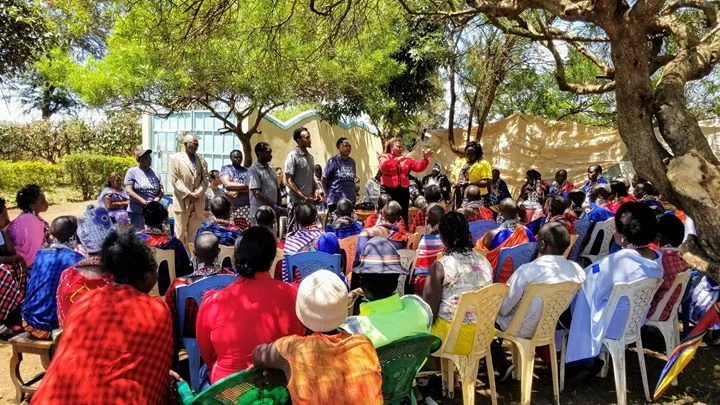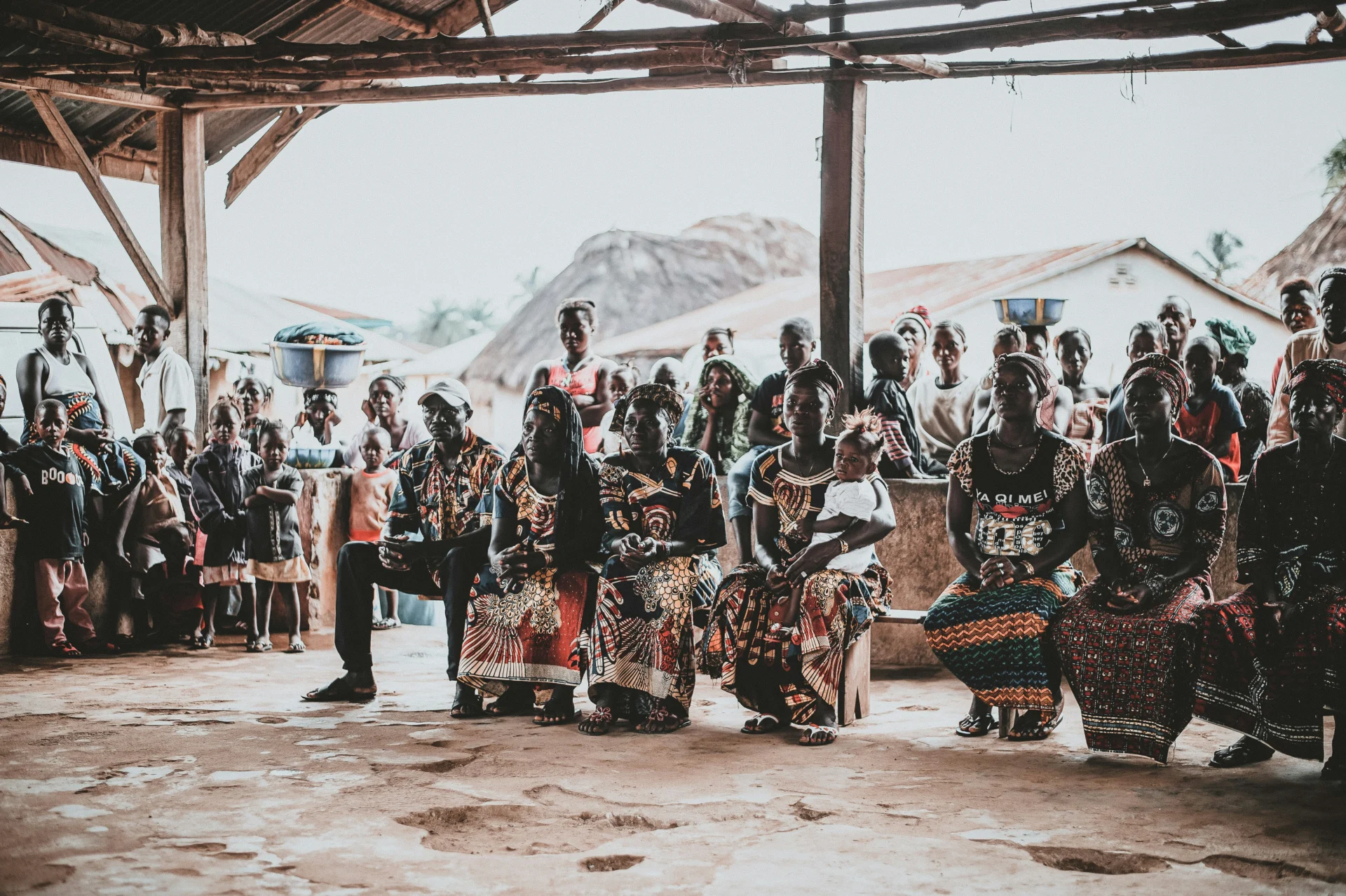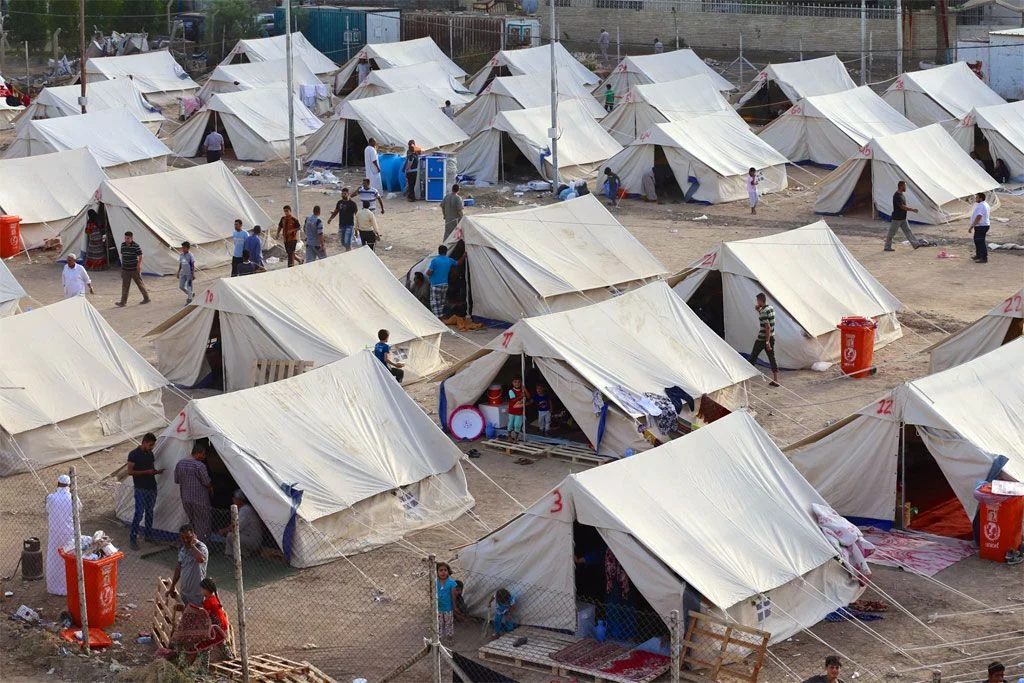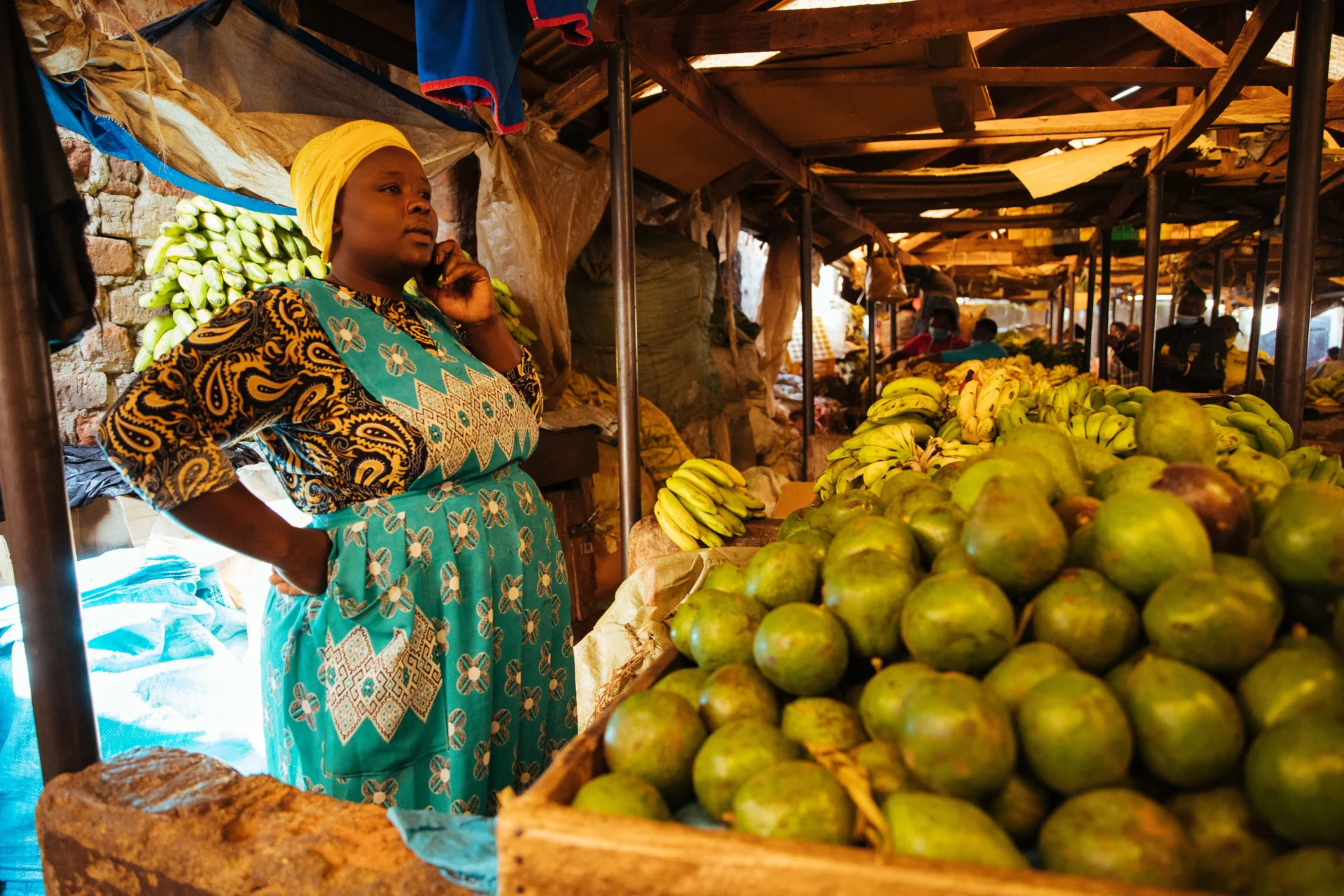Conflict changes everything from how people live to how truth is measured.
In regions across Africa from Borno in Nigeria to Darfur in Sudan, North Kivu in DRC, and parts of Mali and Somalia research teams face the daily reality of navigating insecurity, displacement, and disrupted infrastructure.
Yet, even in these fragile spaces, data gathering in conflict settings remains not only possible but essential. It demands more than technical skills it calls for resilience, adaptability, and empathy.
Understanding Conflict Settings

Conflict settings are not just defined by violence; they are shaped by political volatility, social fragmentation, displacement, and fear.
For researchers, these are not background conditions, they are the terrain itself.
Every data point is influenced by instability, mistrust, and access challenges.
Fieldwork becomes a careful balance of ethics, logistics, and human connection.
Collecting data under such conditions isn’t merely a job it’s a human commitment to truth in the midst of chaos.
The Core Challenges of Data Gathering in Conflict Settings

Across Africa, researchers face recurring obstacles that threaten the integrity and inclusivity of their data. Recognizing these barriers helps design more realistic and ethical approaches.
| Challenge | Research Implication |
| Security & Physical Access | Field mobility is limited; certain communities remain unreachable, causing underrepresentation. |
| Bureaucratic Friction & Political Volatility | Administrative delays and shifting power structures complicate permissions and timelines. |
| Connectivity Gaps | Poor internet coverage hinders remote methods and data uploads. |
| Mass Displacement | Constant population movement alters sampling frames and respondent tracking. |
| Socio-Economic Strain | Budgets and logistics become unpredictable; staff turnover increases. |
| Trust & Bias in Polarized Environments | Heightened suspicion distorts responses and reduces participation. |
| Inclusion & Representation | Women, youth, and displaced groups often remain underrepresented. |
Adapting the Research Process
To collect meaningful data amid instability, research must evolve becoming flexible, context-aware, and ethically grounded.
Before Data Collection
- Use conflict-sensitive frameworks that adapt to fluid realities.
- Develop access strategies based on safety mapping and local relationships.
- Adjust sampling through purposive or snowball approaches to capture displaced or hidden populations.
- Plan for disruptions and maintain clear contingency steps.
During Data Collection
- Work through local networks and trusted intermediaries who understand community dynamics.
- Maintain strong ethical safeguards confidentiality, informed consent, and trauma-sensitive engagement.
- Build flexibility into operations: switch methods or pause fieldwork when needed.
- Communicate consistently across channels for coordination and safety.
Invest in local capacity building, empowering communities and enumerators to sustain resilience
7 Key Lessons for Practitioners Across Africa

Field experience across Africa reveals a set of shared truths about data gathering in conflict settings:
- Flexibility is everything. Rigid plans crumble under fluid realities.
- Context shapes everything. No two conflict zones are the same adapt locally.
- Safety comes first. Data cannot outweigh human lives.
- Trust opens doors. Local relationships determine access and quality.
- Ethics matter deeply. Trauma awareness and confidentiality protect dignity.
- Inclusion is intentional. Seek out marginalized and mobile voices.
- Empathy strengthens insight. Behind every statistic is a story worth hearing.
Across African Realities
From Nigeria’s Borno and Kwara States to South Sudan, DRC, and northern Mali, researchers face diverse yet connected challenges insecurity, bureaucracy, limited access, and deep social divides.
But the common thread is human determination.
Researchers innovate mixing traditional field methods with digital tools, using local interpreters and intermediaries, and maintaining community trust as their most valuable resource.
In these contexts, data gathering becomes more than research it’s a bridge between lived experience and informed decision-making.
Why It Matters
Data gathered in times of conflict is more than numbers on a dashboard.
It is evidence of resilience, voices recorded amid uncertainty, and proof that even in crisis, truth can be documented responsibly.
When research is guided by flexibility, ethics, and empathy, it helps governments, NGOs, and communities respond better shaping interventions that reflect real human needs, not assumptions.
Conflict may disrupt the process, but it does not erase the need for understanding.
Data gathering in conflict settings acrossAfrica reminds us that good research isn’t about perfection, it’s about persistence, compassion, and respect for context.
Even in the hardest conditions, research can reveal the strength, adaptability, and stories of people living through instability transforming data into a force for change.
From Crisis to Clarity: Driving Meaningful Action Through Data
At Insight and Social, we believe that even in conflict and crisis, data holds the power to illuminate, heal, and drive meaningful change. Across Africa’s most complex environments from Borno to Khartoum, Goma to Bamenda we help organizations gather voices that are often left unheard.
Our approach is adaptive, ethical, and human-centered, ensuring that every insight reflects the realities, resilience, and hopes of people on the ground.
Let’s transform challenges into clarity, and data into action that truly matters. Partner with us today together, we can turn uncertainty into understanding, and stories into solutions. Contact us!





